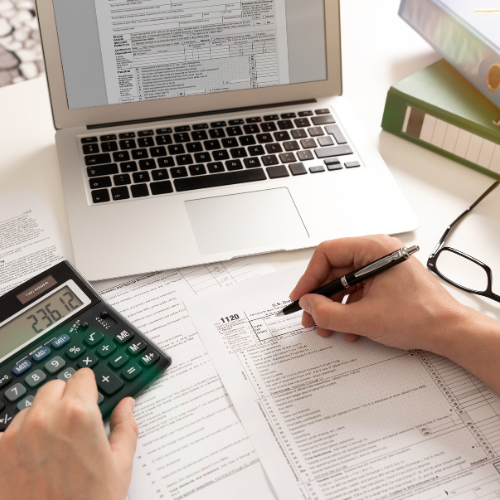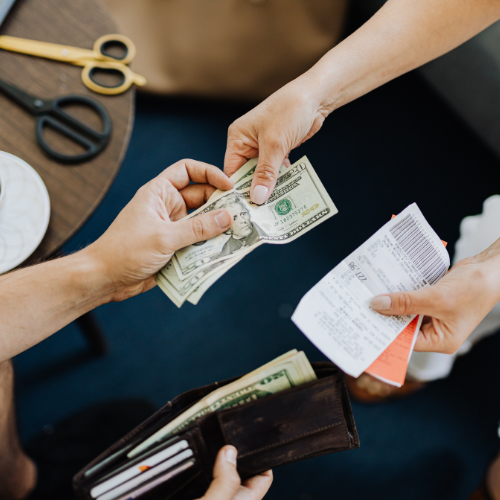Selecting Safe Sunglasses
It is important to protect your eyes from sun damage when working outdoors in the hot summer sun. After all, any amount of time in the sun can expose you to a variety of eye complications, such as cataracts and cancer. What’s more, sunlight reflecting off of sand or water can further elevate your exposures and increase your risk of developing eye problems, including vision loss and light sensitivity.
That’s where sunglasses can help. According to the American Center of Ophthalmology, wearing the right sunglasses is a great defense against ultraviolet (UV) rays, which can cause short- and long-term eye damage.
When selecting proper sunglasses, it is important to:
- Choose sunglasses labeled with a UV rating of 400 or more. Such sunglasses will be able to block at least 99% of harmful UVA and UVB rays, which are the two types of UV rays most commonly known to cause eye complications.
- Consider large, wraparound sunglasses. These glasses will be able to cover the entirety of your eye sockets and offer greater overall protection.
- Keep in mind that darker or colored lenses don’t necessarily equate to increased protection.
- Ensure that the sunglasses you choose don’t interfere with your ability to wear any protective equipment required for your job.
- Don’t use the cost of sunglasses to determine their protection capabilities. An expensive pair of sunglasses may not guarantee safer lenses.
- Know that polarized lenses won’t protect your eyes and surrounding skin against UV rays. Polarization reduces glare off of water and pavement but doesn’t protect against the sun.
In summary, don’t put your eyes at risk this summer. Be sure to protect yourself from eye problems with a good pair of sunglasses. For more information on selecting safe sunglasses, consult your supervisor.
The Dangers of Falling and Flying Objects
Falling and flying objects can create serious hazards within the workplace, and may lead to severe accidents and injuries.
Many of these accidents occur when employees are haphazardly performing routine maintenance or not wearing proper personal protective equipment (PPE). Nevertheless, following these safety tips can help make the work environment safer, protecting you and your co-workers from injuries.
To avoid accidents from falling and flying objects:
- Stack and organize workplace materials properly to prevent them from unintentionally falling over, sliding down or collapsing.
- Do not work under cranes, ladders or any other heavy equipment or machinery while it is in use. When these items are not in use, be sure they are properly turned off (if applicable) and securely stored away before starting your work.
- Always wear proper PPE for the task at hand—such as hard hats, safety goggles and face shields.
- Regularly inspect workplace machinery and tools—such as crane and hoist wire ropes, chains and lifting hooks—to ensure they are working properly and won’t lead to potential accidents.
- Utilize a helper or spotter when operating a crane or ladder. Doing so can give you an extra set of eyes and assistance in the event that an object falls.
- Wear a high-visibility vest or other brightly colored clothing to help surrounding workers easily notice you from any location and keep yourself out of harm’s way.
Reviewing these tips can help employees like you prevent potential workplace injuries involving falling and flying objects. Reach out to your supervisor if you have any further questions on this topic.

IRS Releases Employee Benefit Plan Limits for 2025
Employee benefits often come with annual dollar limits that are adjusted for inflation each year,

Wrapping Up 2024: Our Top Blog Posts of the Year
As 2024 ends, we’re highlighting the year’s top blog posts on renewal strategies, construction risks,

More States Preparing for Pay Transparency Rules in 2025
States have been adding pay transparency requirements since 2021. Most recently, Maryland’s Wage Range Transparency Act took
